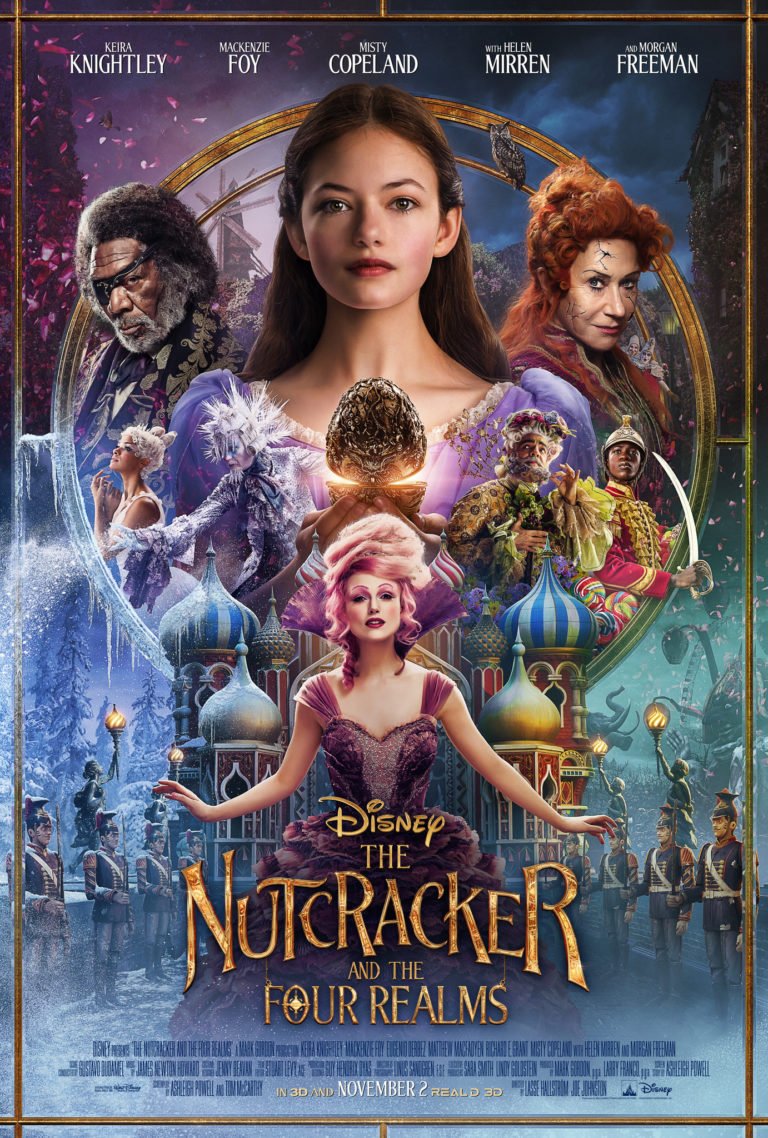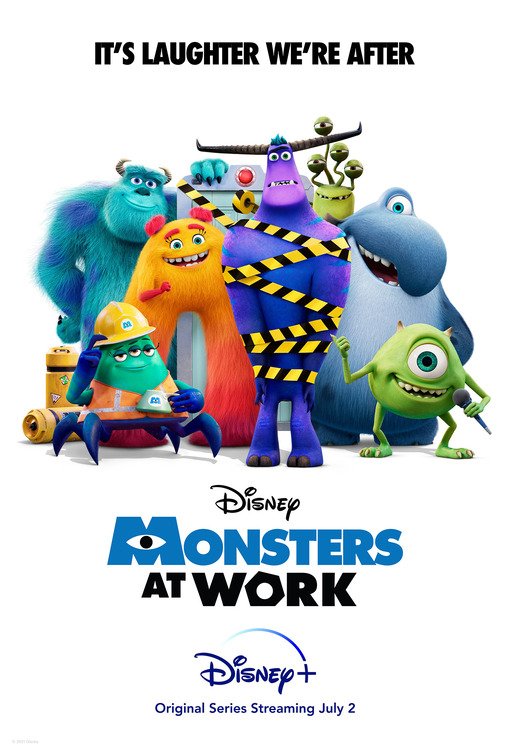
By India McCarty
A new report from the National Center on Sexual Exploitation finds a link between online pornography consumption and image-based sexual abuse.
“For too long the fight against image-based sexual abuse has focused on the individual actors who nonconsensually distribute sexually explicit material,” Dr. Marcel van der Watt, president of the National Center on Sexual Exploitation, said in a press release. “Meanwhile, pornography tube sites built their empires, in no small part, by allowing, encouraging, and profiting from the distribution of image-based sexual abuse material on their platforms.”
Image-based sexual abuse (IBSA) is “when someone takes, shares, or threatens to share sexually explicit images or videos of a person without their knowledge or consent, and with the aim of causing them distress or harm,” the UK’s Victim Support website explained. “This can include digitally altered images, also known as ‘deepfakes.’”
These images can be shared both on- and offline, whether the images are being uploaded to the internet or social media, or if they are simply being shown to others. IBSA has also been referred to as “revenge porn” or “sextortion.”
Related: This Bill Would Criminalize Sharing Explicit Images Online
NCOSE’s new report, “Not a Fantasy: How the Pornography Industry Fuels Image-based Sexual Abuse in Real Life,” states that pornography websites like Pornhub, XVideos, and XNXX, have “encouraged and profited from the distribution of image-based sexual abuse material.”
“The pornography industry’s grotesque and irresponsible actions have unleashed harm on a massive scale. We must confront this global crisis with aggressive solutions to protect against further victimization,” Van der Watt explained. “Everyone has the right to live free from the possibility of their likeness being stolen, shared, manipulated, and/or exploited for sexual purposes.”
NCOSE aren’t the only ones trying to put an end to the rampant spread of IBSA. Sen. Mike Lee, R-Utah, recently introduced a bill that would make pornography a crime in the United States.
The Interstate Obscenity Definition Act “seeks to modernize the standard for prosecuting explicit content online, replacing a decades-old test established by the Supreme Court,” per Newsweek.
“Obscenity is not protected by the First Amendment. But hazy, unenforceable definitions have allowed pornography companies to infect our society, peddle smut to children, and do business across state lines unimpeded,” Lee posted on X. “Today I introduced the Interstate Obscenity Definition Act with @RepMaryMiller, establishing a comprehensive definition of obscene materials under federal law. This is a first and necessary step to stopping the people and companies that profit from degrading their fellow human beings and ruining countless lives.”
Obscenity is not protected by the First Amendment.
But hazy, unenforceable definitions have allowed pornography companies to infect our society, peddle smut to children, and do business across state lines unimpeded.
Today I introduced the Interstate Obscenity Definition Act… pic.twitter.com/E8Yw95o4pg
— Mike Lee (@SenMikeLee) May 8, 2025
NCOSE’s new report reinforces the importance of bringing an end to the distribution of IBSA and protecting victims of this abuse.
Read Next: How to Hold Big Tech Accountable for Sexual Exploitation
Questions or comments? Please write to us here.


 - Content:
- Content: 

